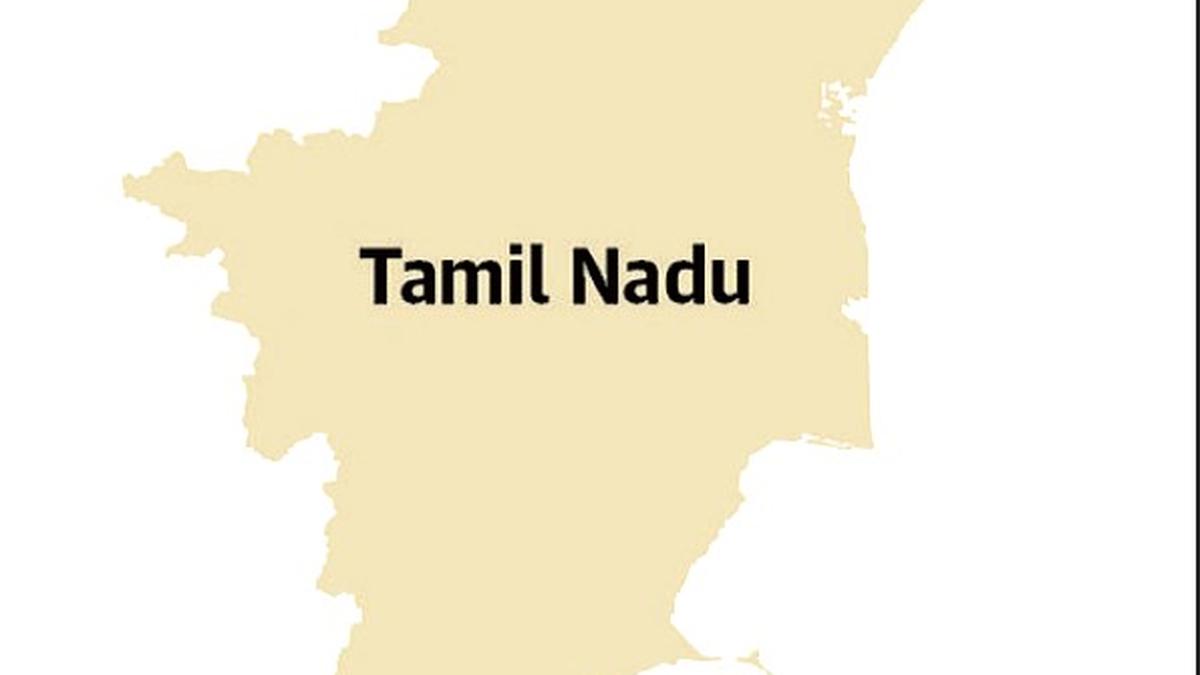After months of inaction, the DMK government in Tamil Nadu, under pressure from its allies — the CPI, CPI(M), and the Viduthalai Chiruthaigal Katchi (VCK) — has finally agreed to consider legislation targeting caste-based hate crimes and so-called ‘honour’ killings.
Inter-caste couples, especially those involving a Scheduled Caste (SC), often face deadly backlash in Tamil Nadu, where caste pride has fuelled numerous killings. The most sensational case recently was the killing of Kavin Selvaganesh, a young software professional, by the brother of the girl he loved. Kavin belonged to a SC community, while the girl was from a dominant Hindu community.
Chief Minister M.K. Stalin had earlier argued that a separate law to deal with such crimes was not necessary, as existing laws were adequate. However, last week, while speaking on the floor of the State Assembly, he announced that a Commission headed by retired Madras High Court judge, Justice K.N. Basha, would be constituted. The Commission of several experts will hold consultations and submit recommendations to the government on enacting legislation. This move has effectively bought the government some more time on a highly sensitive issue, especially with Assembly elections scheduled next year. As the State government cannot take a decision on enacting a law without taking various stakeholders into confidence, it is left to the Commission to evolve a consensus before making its recommendations.
There are two types of killings in the name of upholding caste pride: while some involve killing members of one’s own family or community, others involve killings members of another community to avenge the perceived insult to one’s own caste pride.
P. Shanmugam, secretary of the Tamil Nadu unit of the CPI(M), said since 2016, his party had fought for justice in 118 such cases. “There may be an equal number of unreported or suppressed cases,” said Mr. Shanmugam, who, along with the leaders of the CPI and the VCK, met Mr. Stalin to press for a law. The CPI(M) has also launched Tamil Nadu Untouchability Eradication Front to carry forward its campaign against casteism. Mr. Shanmugam said Mr. Stalin’s announcement was a step forward.
The argument against a separate law to prevent killing for honour is that it could be misused. It is not just the DMK; most political parties are unable to take a clear stand on the matter for fear of alienating their support base, especially among politically and economically empowered intermediate communities. Whenever such killings take place, political parties stay silent or react cautiously.
The deaths of Ilavarasan (2013), Shankar (2016), and Ramachandran (2025) have intensified the demand for a separate legislation. That such a demand had to be made repeatedly in a State known for social justice is shocking. Periyar, the founder of the Dravidar Kazhagam, waged a war against casteism and encouraged inter-caste and self-respect marriages, without any rituals. When the DMK government headed by C.N. Annadurai came to power, it modified the Hindu Marriage Act, 1955, by inserting Section 7-A to legalise inter-caste marriages. In March 2025, the Minister for Commercial Taxes and Registration, P. Moorthy, said that 12,114 self-respect marriages had been registered in the State since 2018. He said steps were being taken to ensure the registration of self-respect marriages under Section 7-A of the Act at all sub-registrar offices in Tamil Nadu.
A State that enacted a law to legalise self-respect marriages cannot seem to bring itself to enact a law to protect couples marrying outside their community; this speaks volumes about the power of intermediate communities. It is not that all inter-caste marriages are targeted, but marriages involving SCs trigger deadly responses. It also exposes the harsh reality that, despite Tamil Nadu’s urbanisation and progress in many fields, marrying a Dalit remains taboo. This is a reflection of deep-rooted caste identities and the pride still tied to one’s caste.
Instead of showing courage in dealing with this reality, political parties instead reinforce caste identities through their electoral strategies and Cabinet formation. They field candidates based on community demographics and even proudly state that they have honoured a community by accommodating more representatives from it. In a way, they have made caste identity all the more relevant.
Published – October 20, 2025 12:21 am IST

